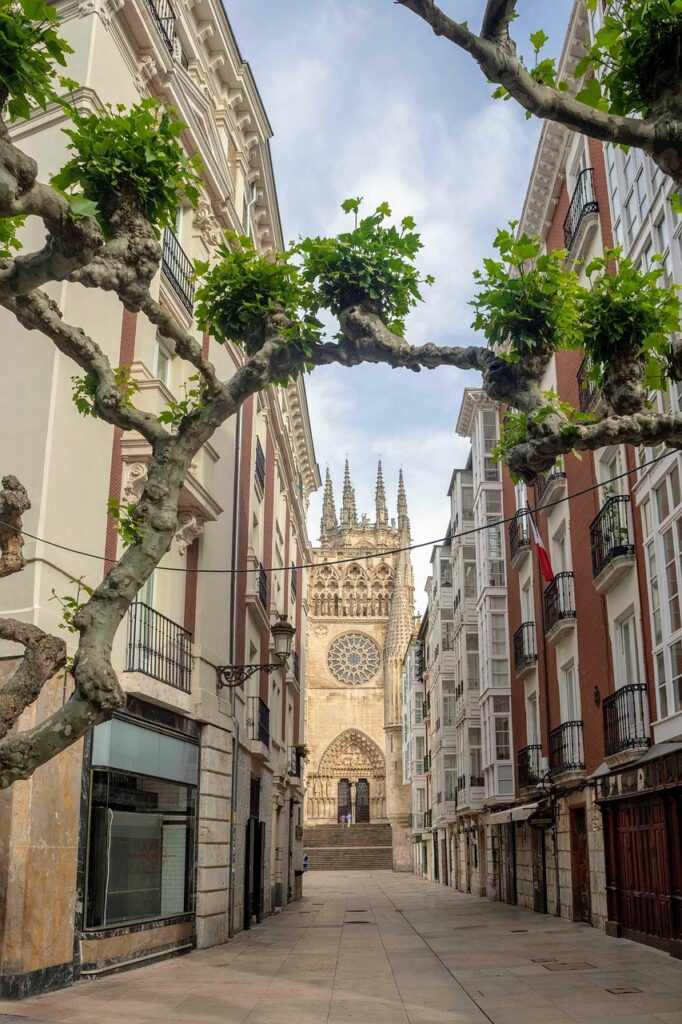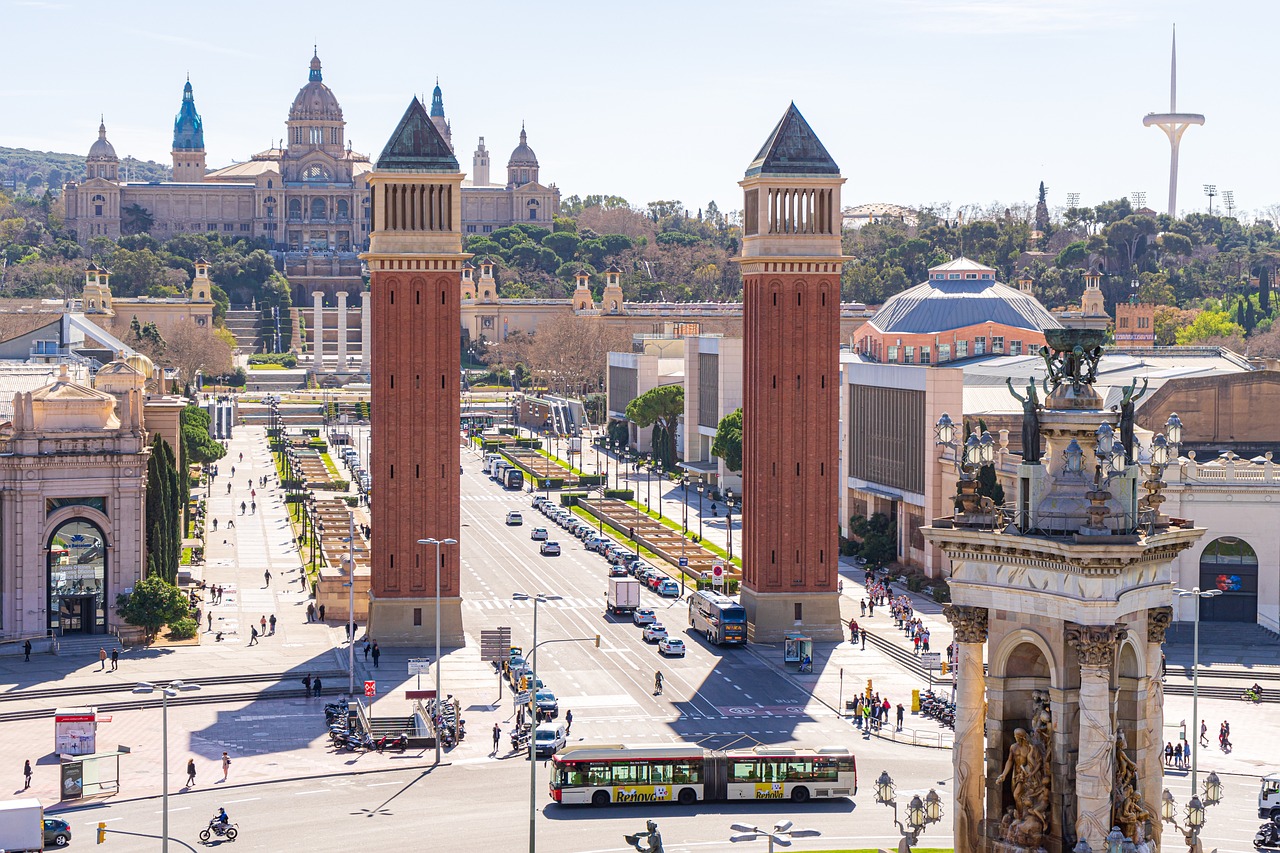Spain, one of the world’s most popular tourist destinations, is implementing a series of stringent measures designed to reshape its tourism landscape. In response to mounting concerns over overtourism, environmental degradation, and the socio-economic impact on local communities, Spanish authorities are tightening tourism rules to promote sustainable growth, protect cultural heritage, and improve residents’ quality of life.

The Driving Factors Behind the New Regulations
Overtourism and Urban Strain:
In major cities such as Barcelona, Madrid, and coastal hotspots, the relentless influx of tourists has led to overcrowding, increased rental prices, and mounting pressure on public services and infrastructure. Authorities believe that stricter tourism management can help distribute visitor traffic more evenly, easing the burden on heavily trafficked urban areas.
Protecting Local Heritage and Lifestyle:
Local communities have increasingly voiced concerns that tourism, if left unchecked, can erode cultural traditions and diminish the quality of life. The new regulations aim to preserve the distinct character of Spanish neighborhoods, ensuring that the local heritage and traditions are maintained for future generations.
Environmental Sustainability:
Spain’s rich natural landscapes are a major draw for visitors. However, the environmental impact of mass tourism—ranging from waste management issues to the degradation of natural sites—has become unsustainable. The measures seek to mitigate these effects by encouraging environmentally responsible tourism practices.
Key Elements of the New Tourism Regulations
Stricter Licensing and Permitting:
Local governments are tightening the criteria for obtaining permits for short-term rental properties. This move targets platforms that list holiday homes and apartments, ensuring that only operators who meet rigorous standards of safety, quality, and community responsibility can legally offer accommodations.
Limiting Tourist Numbers and Duration of Stay:
In certain popular areas, authorities are exploring measures to restrict the number of tourists who can enter sensitive regions during peak times. Additionally, guidelines are being discussed that could impose limits on the duration of stays in high-traffic zones, designed to prevent long-term disruptions to daily local life.
Enhanced Enforcement and Fines:
To ensure compliance, there will be increased oversight and stronger penalties for violators. Municipalities are investing in monitoring systems—including digital tracking and regular inspections—to detect illegal operations and enforce the rules rigorously.
Promoting Sustainable and Diversified Tourism:
The revised rules encourage tourism businesses to adopt eco-friendly practices and diversify their offerings. Initiatives include promoting rural tourism, cultural and gastronomic experiences, and off-peak travel to balance the tourist load more evenly throughout the year.
Focus on Community Engagement:
Authorities are also emphasizing the role of local communities in shaping tourism policies. Public consultations and partnerships with neighborhood associations are being prioritized to ensure that tourism development aligns with residents’ expectations and preserves local life.
Implications for Stakeholders
For Local Communities:
The tightened rules are expected to help maintain a better quality of life by reducing overcrowding, lowering rental pressure, and preserving cultural landmarks. Residents are likely to benefit from improved public services and a more balanced socio-economic environment.
For Tourism Operators and Rental Providers:
While the new regulations may increase operational costs and require adjustments, they also provide an opportunity for legitimate operators to differentiate themselves through quality and sustainability. Compliance with stricter standards could become a mark of credibility and attract a more discerning tourist demographic.
For Tourists:
Travelers can look forward to experiences that are less about mass consumption and more about meaningful cultural and environmental engagement. Although some visitors might face limitations in popular areas during peak times, the overall expectation is for improved service quality and a more authentic travel experience.

Future Outlook
Spain’s move to tighten tourism rules reflects a growing global trend towards prioritizing sustainability over short-term economic gains. As these policies are implemented, Spanish tourism may shift towards a model that balances visitor enthusiasm with the preservation of natural, cultural, and urban environments. Industry stakeholders are now adapting to these changes by investing in technology, diversifying their offerings, and engaging more deeply with local communities.
By fostering a more responsible and sustainable approach to tourism, Spain aims to secure its status as a world-class destination that protects its heritage and environment for future generations.
Frequently Asked Questions (FAQs)
Q1: What are the main reasons behind Spain’s decision to tighten tourism rules?
A: The primary drivers include combating overtourism, protecting local communities and cultural heritage, reducing the environmental impact of mass tourism, and ensuring sustainable growth in the tourism sector.
Q2: How will the new licensing requirements affect property rentals?
A: The new rules will impose stricter standards for short-term rental permits, meaning that property owners must meet enhanced safety, quality, and community responsibility criteria. This aims to curb illegal rentals and ensure that only credible operators can offer accommodations.
Q3: What measures are being implemented to control tourist numbers in sensitive areas?
A: Authorities are considering restrictions on the number of tourists in high-traffic zones during peak times and may limit the duration of stays to prevent prolonged disruptions and overcrowding in vulnerable areas.
Q4: How will these changes benefit local residents?
A: The tightened regulations are expected to reduce overcrowding, stabilize rental markets, protect local cultural sites, and improve public services. This should result in a better quality of life for residents while preserving the character of local communities.
Q5: What impact might these rules have on the overall tourist experience in Spain?
A: Although there might be some limitations during peak tourist periods, the overall effect is anticipated to enhance visitor experiences by promoting more meaningful, quality interactions with the culture and environment, rather than the high-volume, mass-tourism model.
Q6: Are these measures permanent, and how will they be enforced?
A: The regulations are part of an evolving strategy that may be adjusted over time based on their effectiveness. Enforcement will involve increased inspections, digital monitoring systems, and significant fines for non-compliance, ensuring that the rules are adhered to rigorously.

Spain’s renewed approach to managing tourism represents a significant step towards balancing the needs of visitors, residents, and the environment. By enforcing stricter regulations and promoting sustainable practices, Spain is setting a precedent for responsible tourism that could serve as a model for other destinations worldwide.
Sources Times of India


